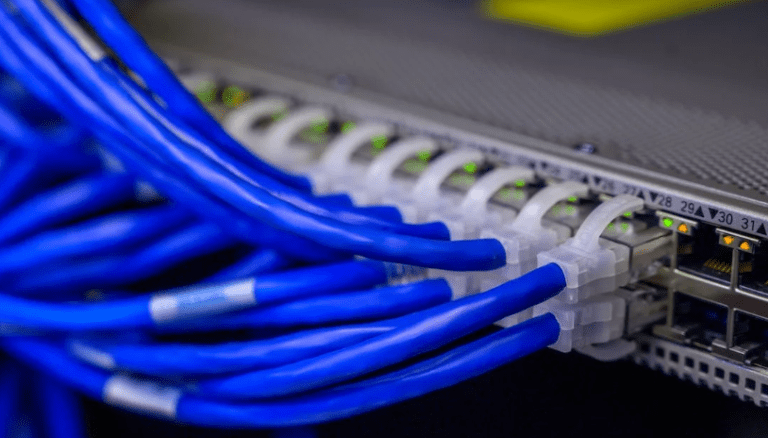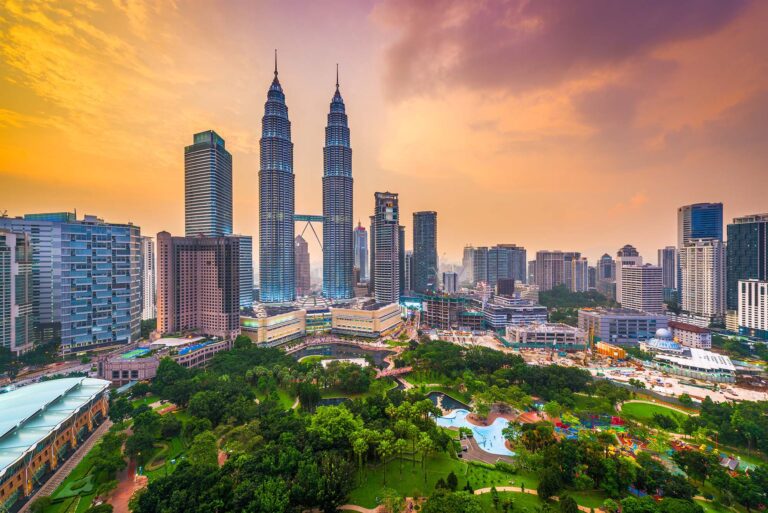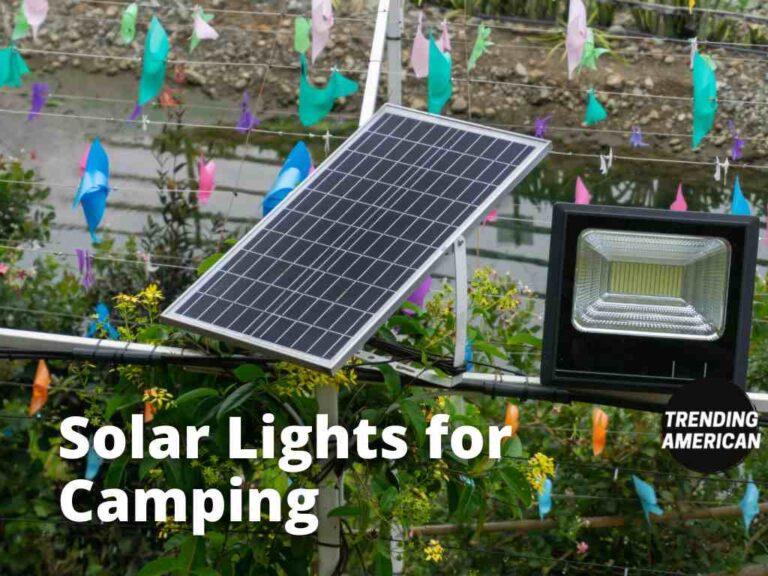Distilled vs. Tap Water (Which Is Better and Why?)
What type of CPAP water should you use in conjunction with your humidifier? Unfortunately, there is significant ambiguity on this subject. Is it necessary to use distilled water? What happens if you use regular tap water?
This post will teach you what to look for and what to avoid. You’ll also learn how to make an unending supply of clean water for your CPAP, whether at home or on the go. Let’s get started!
Different Water Types for Heated Humidifiers
What type of water is suitable for your heated humidifier? While many CPAP companies recommend using only distilled water, is this the only option? This section will go through five types of water and how they affect your CPAP humidifier and machine.
The Real Story of Distilled Water
You are using CPAP water with your heated humidifier to reduce mineral buildup and extend the life of the water chamber. This buildup can eventually prohibit the humidifier’s heating plate from effectively heating the water and supplying adequate moisture to calm your nasal passage.
Distilled water is produced by turning ordinary water into a gas and then condensing it back into a liquid, removing practically all inorganic chemicals and microbes, including:
- Calcium
- Magnesium
- Potassium
- Phosphorous
- Metals of great weight
- Bacteria
When this procedure is finished, just pure H20 remains. This is why distilled water is an ideal solution for any sterile environment, such as a medical facility, laboratory, or CPAP!
Use mineral-free water, such as distilled water, before reaching the faucet and filling your CPAP with tap water. This will increase the life of your equipment and the effectiveness of your sleep apnea therapy. You’ll wake up with less congestion and receive the rest you require!
The Untold Story of Using Tap Water in Your Humidifier
You may have heard tap water is safe. Unfortunately, this is not good advice for either you or your equipment.
While tap water may appear to be a simple and inexpensive option to fill your CPAP, it frequently contains minerals and other undesired pollutants that can cause issues with your humidifier.
The number of impurities can vary depending on where you reside worldwide. According to a 2018 Nature study, approximately 10% of the water wells tested in California’s Central Valley had unsafe arsenic levels.
While you may or may not be worried about long-term exposure to chemical toxins found in tap water, mineral deposits are the immediate issue when using tap water with your CPAP.
Avoid using tap water with your CPAP as it will leave hard calcified deposits behind as it evaporates from the humidifier water chamber. This buildup can fuel fungal development and harm your CPAP tubing over time, potentially shortening the replacement period for your CPAP equipment. In some situations, failure to use distilled water may void the manufacturer’s guarantee.
But what if you fill your humidifier with tap water for one night?
Don’t panic; it’s not the end of the world if you occasionally drink tap water. However, clean your humidifier chamber thoroughly the following day to remove any mineral deposits.
If using unfiltered tap water for the length of your sleep apnea therapy is your sole option, you may consider switching devices. Some heated humidifiers are made to work with running water. It is one of the most modern machines on the market and is well worth a look.
The Real Deal on Purified and Filtered Water
Water filtered using a water filter, such as a Brita water pitcher, can be used with your CPAP and heated humidifier. This water filter can remove some contaminants, but it is not the same as purified water produced by distillation, deionization, or reverse osmosis.







